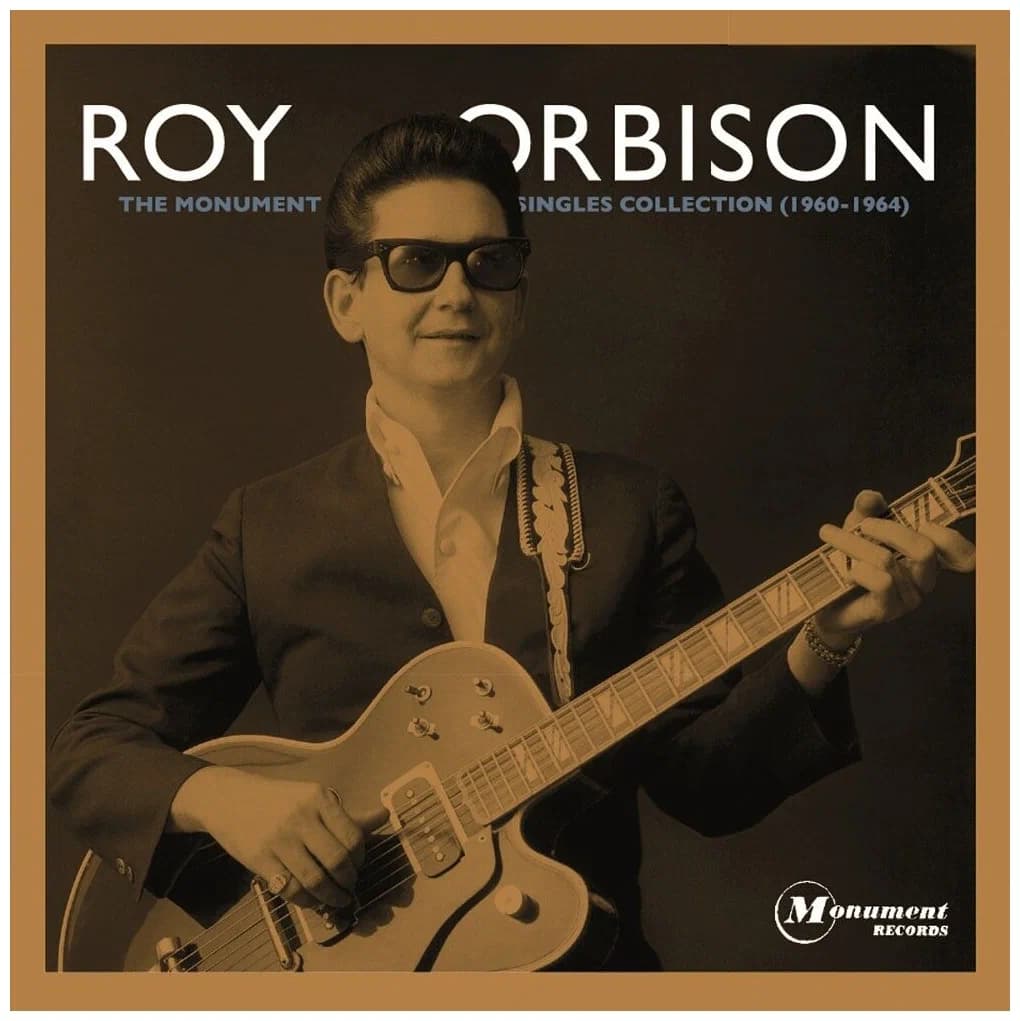
Roy Orbison – The Haunting Beauty of “In Dreams”
Roy Orbison’s “In Dreams” is an unforgettable journey into the delicate territory of love, longing, and heartache. Released in 1963, this song became a signature piece for Orbison, reaching No. 7 on the Billboard Hot 100 and solidifying his reputation as one of the most powerful voices in rock and pop. Orbison’s unmistakable, emotive vocals and his ability to capture the most complex of emotions with a graceful simplicity make “In Dreams” one of his most beloved songs. It’s a ballad that transcends the typical structure of pop music, leading listeners into an ethereal world where love and sorrow intertwine.
The lyrics of “In Dreams” tell a story of love lost and only recovered in the sanctuary of sleep, where everything is “just like it used to be.” Orbison sings, “In dreams I walk with you, in dreams I talk to you.” These words are haunting in their simplicity, perfectly capturing the bittersweet nature of dreaming about someone who’s no longer in one’s life. As he builds up the narrative, the listener feels his struggle between the joy of seeing his loved one in his dreams and the inevitable sadness upon waking. The line “But just before the dawn, I awake and find you gone” encapsulates this beautifully, leaving a lingering sense of heartbreak and yearning.
Musically, “In Dreams” is exceptional for its structure, a unique, free-flowing format that moves through various sections without a traditional chorus or repeated refrain. This gives the song a dreamlike quality, as if you’re floating from one moment to the next, mirroring the feeling of a dream where time and space seem to bend. The arrangement begins gently, with a soft guitar, but gradually builds into a crescendo of strings and Orbison’s voice, which soars with an intensity that few can match. His range and control are on full display, moving from gentle falsetto to powerful belts, embodying both the sweetness of love remembered and the agony of loss.
“In Dreams” has had an enduring impact, finding a place in various films and inspiring countless artists with its timeless, evocative quality. Notably, it was featured in David Lynch’s Blue Velvet, where it became an unforgettable part of cinema and added another layer to the song’s haunting beauty. Beyond its cinematic legacy, “In Dreams” remains a testament to Orbison’s unparalleled ability to tap into raw human emotion, his voice a conduit for all the sorrow and beauty we often hide away.
Orbison’s “In Dreams” isn’t just a song; it’s an experience, a fleeting glimpse into a deeply personal moment that he invites his listeners to share. It’s a song that resonates because it speaks to the universal experience of longing, of wanting something that can only exist in the fragility of sleep. In his hands, “In Dreams” becomes a delicate, heartfelt expression of love and loss, a masterpiece of vulnerability and vocal brilliance that remains as moving today as it was when it first graced the airwaves.